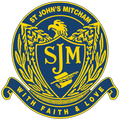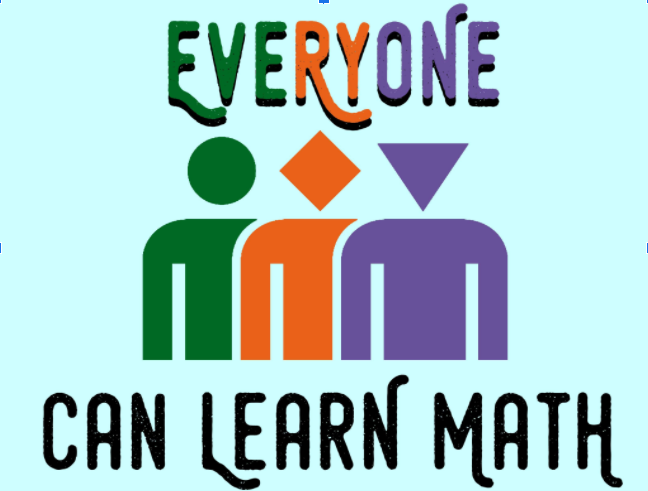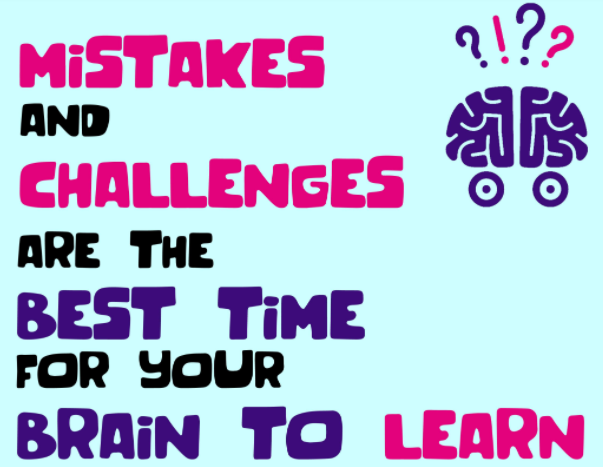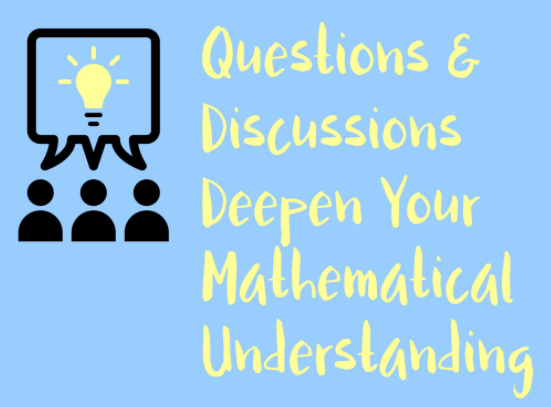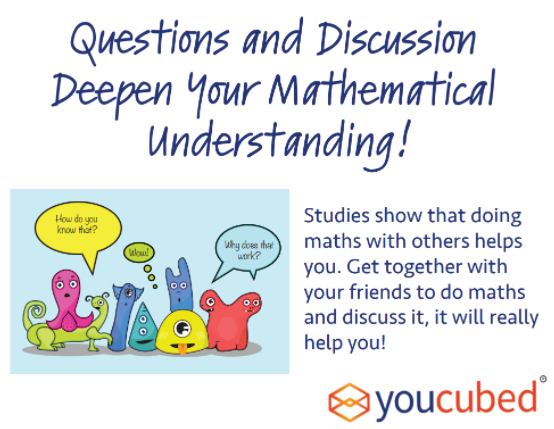Learning and Teaching

Assembly
During Term One we had been conducting our whole school assemblies every second Monday at 2:50pm. We would like your opinion on assemblies at St John's. Please click on the link below to share your thoughts.
https://forms.gle/vENZHpb7Xy6jWzAM6
St John’s Staff Professional Development Day
Last Monday all staff were involved in professional development in the area of Mathematics. The day comprised learning in the following domains:
- Pedagogical frameworks (how we teach Mathematics)
- Examining rich games and tasks
- Growth Mindset
Mathematical Pedagogical Frameworks
As a whole staff we examined our school’s pedagogical framework and engaged in conversations regarding shared beliefs and understandings in Mathematics. We used thinking routines such as looks like, feels like and sounds like proforma to engage in discussions regarding Maths practices from Prep to Year 6. The importance of rich whole class discussions at the end of the lesson was valued as a way to pose questions and stimulate students thinking. This is a crucial component of all Mathematics lessons to ensure students are guided in rich dialogue (reasoning and understanding) by articulating solutions and strategies.
Rich Games and Tasks
Rich mathematical games exploring and practising mathematical concepts are an effective way of engaging students in learning and provide a sounding board for meaningful mathematical dialogue. Rich games have an element of skill and luck which provides the opportunity for students to experience winning and losing outcomes. Modifying one small aspect of a game allows the flexibility to cater for differentiation that’s required in the classroom. The staff played a range of games including Nearest to Gnarly Number and Strike it Out which we will bring back to the classroom and share with our students. We also examined engaging tasks from the EMC3 and reSolve material which encourages students to investigate, explore, use a range of strategies, find multiple solutions and draw conclusions. These tasks are part of a framework which is well researched and supported by Professor Peter Sullivan and is known as LES (Launch, Explore, Summarise).
Mathematical Growth Mindset
We also examined the Mathematical Mindset Teaching Guide which incorporates the work of Jo Boaler and Carol Dweck. The guide helps teachers strengthen a growth mindset culture and is used as a self-reflective tool to support ways to promote a positive disposition towards learning mathematics in the classroom. Important aspects to this practice include valuing mistakes as an opportunity to learn and celebrating persistence and productive struggle as an element of learning.
Cross Country
A note will be sent home next week to any child in Year 3 - 6 who would like to participate in the District Cross Country event on Tuesday 25 May at Ruffey Lake Park. Girls/boys aged 9 and 10 will need to be able to run 2000m competently and girls/boys aged 11-13 will need to run 3000m competently. Marathon Club is a wonderful way to train in the lead up to the event.
NAPLAN
The National Assessment Program – Literacy and Numeracy (NAPLAN) is an annual assessment for students in Years 3, 5, 7 and 9. NAPLAN is a nationwide measure through which parents, teachers, schools, education authorities, governments and the broader community can determine whether or not young Australians are developing the literacy and numeracy skills that provide the critical foundation for other learning and for their productive and rewarding participation in the community.
NAPLAN is a point-in-time assessment that allows parents to see how their child is progressing against national standards in literacy and numeracy and over time. NAPLAN tests are one aspect of each school’s assessment and reporting process, they do not replace the extensive, ongoing assessments made by teachers about each student’s performance. Your child’s teacher will have the best insight into your child’s educational progress.
The NAPLAN assessments will take place this year between Tuesday 11 - Thursday 13 May. Students will complete assessments in Reading, Writing, Language Conventions (Spelling, Grammar & Punctuation) and Numeracy.
Marathon Club
Marathon Club commences tomorrow morning at 7:45am. Students will need to pay $10 for breakfast for the term.
